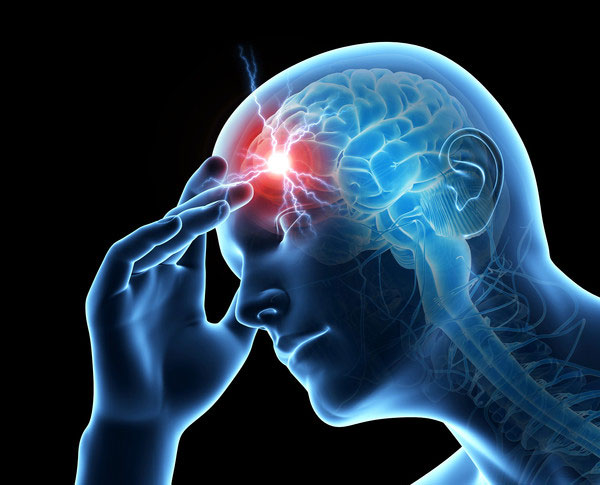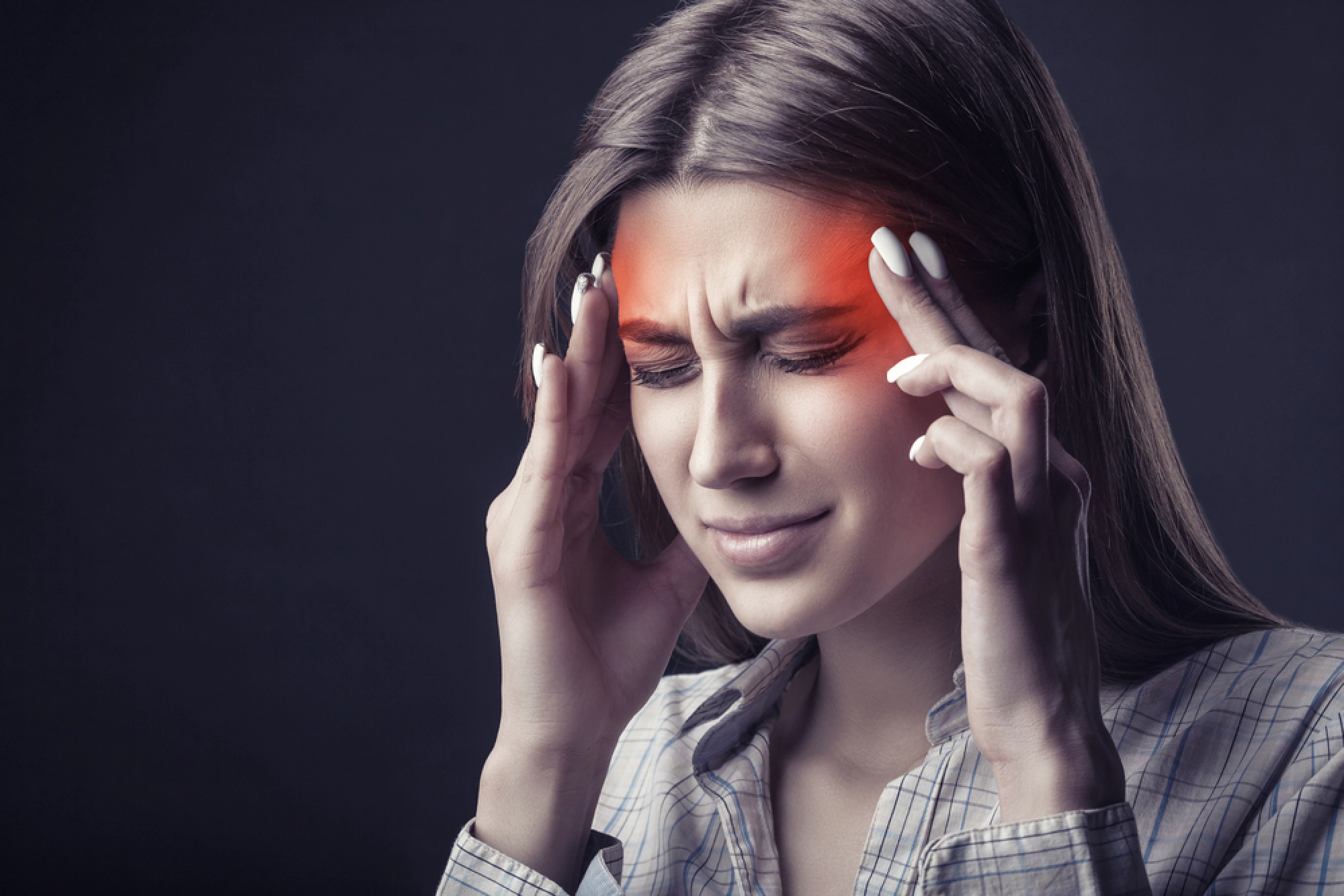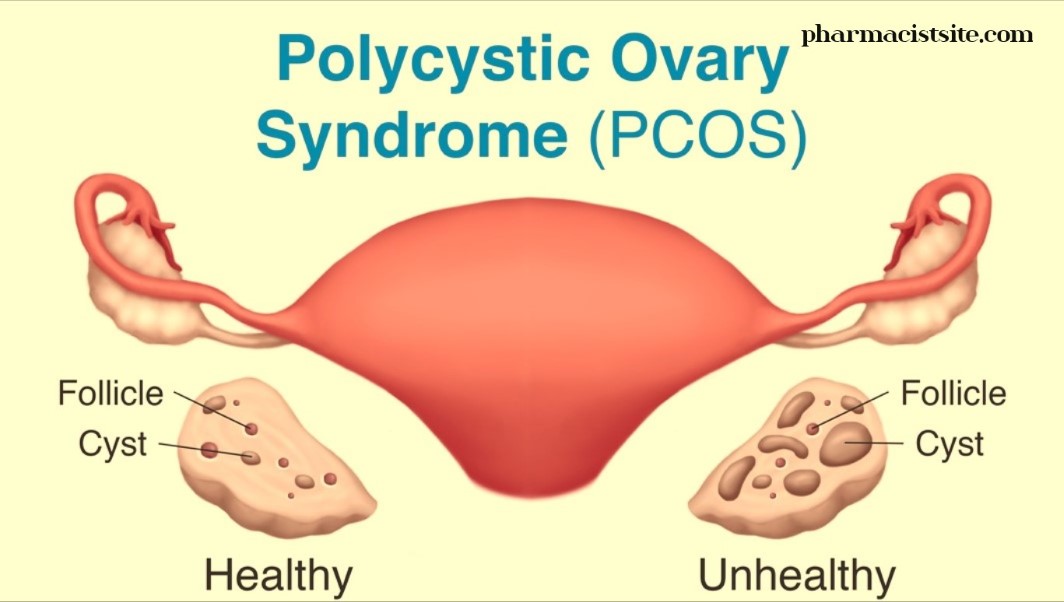Clinical pharmacy is a specialized field of pharmacy focused on patient care. It involves pharmacists working directly with healthcare teams. They aim to optimize medication use for better health outcomes. Clinical pharmacists ensure the safe and effective use of drugs.
The importance of clinical pharmacy is clear. It helps prevent medication errors and improves patient safety. Clinical pharmacists monitor drug therapies and offer advice on proper medication use. They also help manage chronic conditions and complex drug regimens. Their role is crucial in enhancing overall healthcare quality.
Key topics in clinical pharmacy include pharmacokinetics, pharmacodynamics, and medication therapy management. Pharmacokinetics studies how the body absorbs, distributes, and eliminates drugs. Pharmacodynamics focuses on how drugs affect the body. Medication therapy management involves assessing and optimizing drug treatments for patients.
Other important topics are drug interactions, patient counseling, and clinical drug trials. Clinical pharmacists also manage specific diseases like diabetes, hypertension, and infections. They collaborate with doctors and nurses to ensure optimal drug use.
Clinical pharmacy is essential in promoting patient safety, improving treatment outcomes, and supporting the healthcare team. It bridges the gap between medication knowledge and practical patient care.







